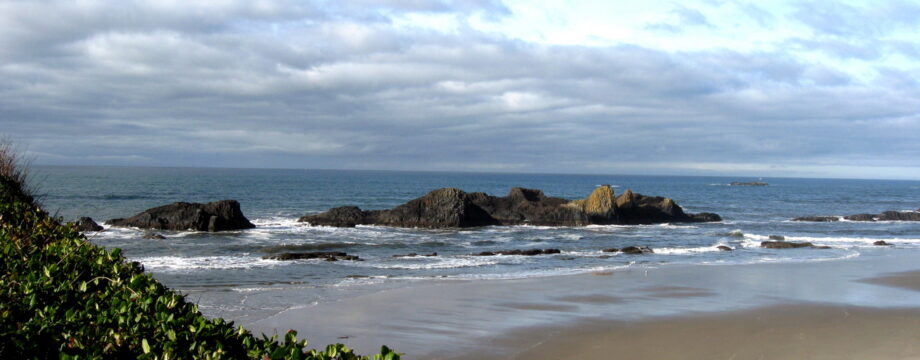Jett will probably kill me for posting this, but it is an important topic that significantly affects our life on the road, so I think it should be covered.
Jett has, for many years, suffered from occasional bouts of pancreatitis. I am sure that she would want me to immediately point out that hers is NOT caused by alcoholism (in fact she almost never drinks alcoholic beverages of any kind); rather, she is one of the unlucky people who have pancreas divisum, a congenital abnormality of the pancreas.
Due to this physiological variation, she has suffered occasional episodes of severe abdominal distress for over 10 years. Several of these episodes have landed her in the ER. She has learned to live with the condition, meaning that she is very careful with her diet (e.g., light on fatty foods) and is able to recognize the early signs and just stop eating when they appear. The good news, if any is to be found, is that she will never be overweight because she can’t eat much and the condition isn’t fatal. But each episode is very unpleasant.
When she experienced some digestive issues in mid-July, few days before the start of the 56th Escapade, the first thought was “Oh, no, not another pancreatitis attack!” But the symptoms were not quite the same – less severe, which was good, but more persistent, which was bad. The pain finally drove us to an “urgent care” facility the day before the start of the Escapade where tests were done which led to a shocking initial diagnosis of “hepatitis.” She was then transported to the University of Vermont Medical Center for additional tests. There the diagnosis was revised: she did not have hepatitis but did have “elevated liver enzymes.” Some palliative care got her home in time to get to the Escapade, but she spent the week in discomfort. The UVM doctor recommended that she come back for more tests if she didn’t improve. She didn’t improve, so the day after we returned from the Escapade we were back in the ER. A CAT scan and an ultrasound produced a diagnosis of “blocked bile duct” on Friday night, followed by a very uncomfortable weekend before she could consult with her regular doctor. He advised her to submit to an endoscopic retrograde cholangiopancreatography (ERCP) procedure at UVM and, on Thursday last week, she did. The doctors were able to confirm the blockage and were also able to install a temporary stent to allow the bile to flow again. They said they saw no sign of cancer, which had been a concern as cancer could have been the cause of the blockage.
I wish I could report that Jett immediately improved and the whole painful mess is behind us, but that would be an overstatement. She was in extreme discomfort through the weekend, due mostly to the trauma the procedure wreaked on her very sensitive esophagus. The throat pain subsided on Monday, to be replaced by abdominal pain. Today (Tuesday) her doctor had her go back to the hospital for more blood tests which showed that she did not have pancreatitis, as feared. Rather the suspected cause of the severe pain was the trauma to the pancreas due to the ERCP. In any case, the conclusion was that there was not much that could be done. She just has to be very careful with her diet and keep hydrated. By evening she was considerably better.
It has been a rough stretch for her, but we remain optimistic that this, too, shall pass.

